The International Monetary Fund (IMF) Executive Board has completed the Seventh Review of the Extended Arrangement under the Extended Fund Facility (EFF) for Ukraine, enabling a disbursement of about $0.4 billion, which will be allocated for budget support.
This will bring the total disbursements under the IMF-supported program to $10.1 billion.
Ukraine’s IMF-supported program helps anchor policies that sustain fiscal, external, and macro-financial stability at a time of exceptionally high uncertainty. The EFF aims to support Ukraine’s economic recovery, enhance governance, and strengthen institutions with the aim of promoting long-term growth in the context of reconstruction and Ukraine’s path to EU accession, said IMF in statement.
“Russia’s war in Ukraine continues to take a devastating social and economic toll on Ukraine. In spite of this, macroeconomic stability is being preserved through skillful policymaking as well as substantial external support. The economy has remained resilient, but the recent growth slowdown is expected to persist in 2025 due to headwinds from energy needs and a tight labor market. Contingency planning is key to enable appropriate policy action should risks materialize," - Ms. Kristalina Georgieva, Managing Director of the IMF, following the Executive Board discussion on Ukraine.
The National Bank of Ukraine (NBU) has tightened monetary policy to respond to the rise in inflation, which remains mainly driven by food prices, while inflation expectations remain well anchored. Reserves remain adequate, sustained by continued sizeable external support. Overall, the outlook remains subject to exceptionally high uncertainty, the statement reads.
According to IMF statement, Ukraine’s performance under the program remains strong. The program remains fully funded, with a total external financing package of $148.8 billion under the baseline scenario and $162.9 billion in the downside scenario over the four-year period. This includes the full utilization of approximately $50 billion from the G7’s Extraordinary Revenue Acceleration (ERA) Loans for Ukraine initiative.
IMF Executive Board welcomed the enactment of the tobacco excise tax law as a positive step to reinforce the authorities' commitment to implementing the National Revenue Strategy. To meet high-priority spending needs, the strategy’s accelerated implementation is considered as essential, including modernizing tax and customs services, reducing tax evasion, and aligning legislation with EU standards. Additionally, strengthening public investment management, improving medium-term budget planning, and enhancing fiscal risk management will contribute to sustainable growth, investment, and fiscal stability.
"While the financial sector remains stable, continued vigilance is necessary due to heightened risks. Addressing institutional weaknesses in the securities market regulator is crucial. Looking ahead, strengthening Ukraine’s capital markets infrastructure will be a key step in attracting foreign investment for reconstruction," - IMF stated and recommended to continue anti-corruption and governance reforms, including appointing a new head for the Economic Security Bureau, completing the audit of the National Anti-Corruption Bureau and amending the criminal procedure code.
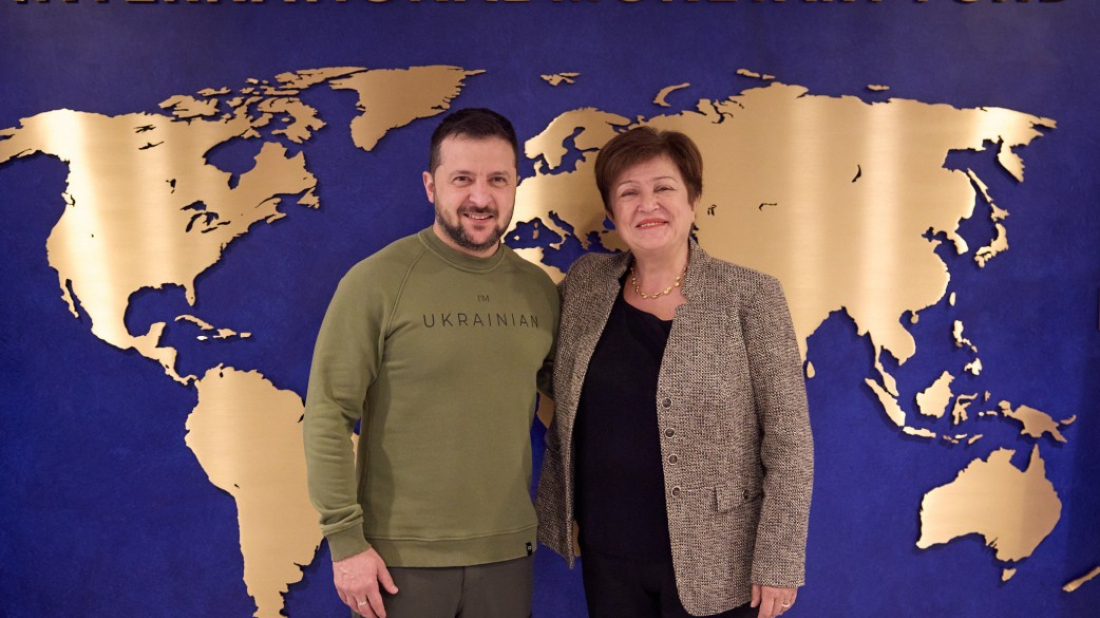



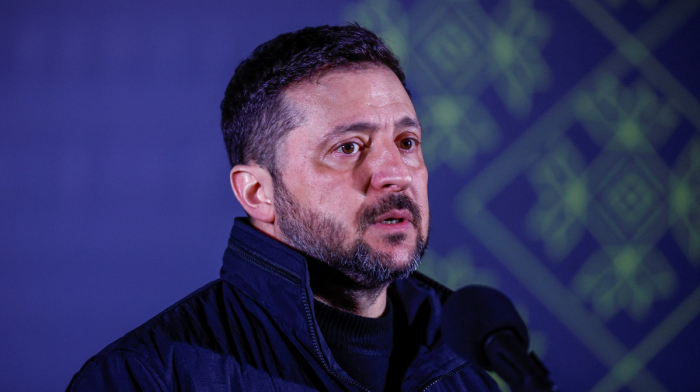



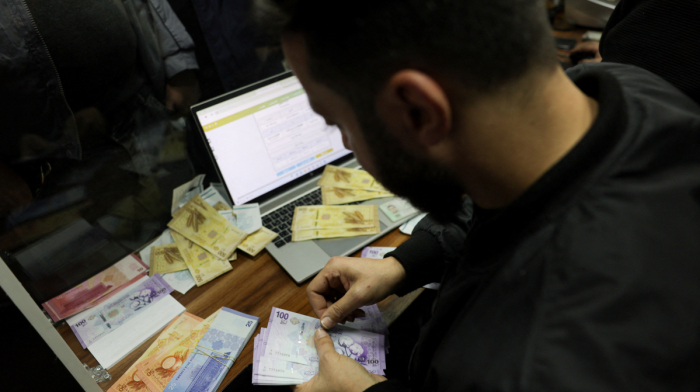
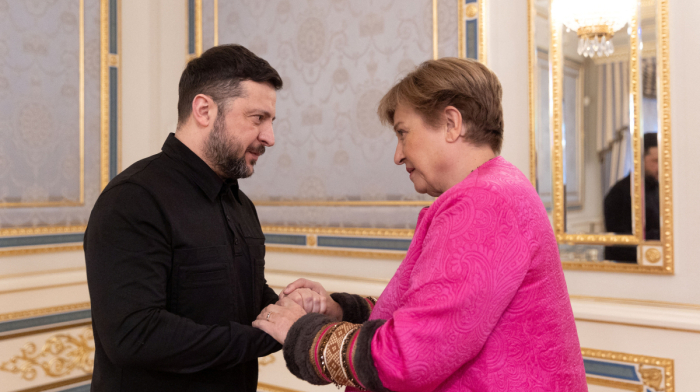
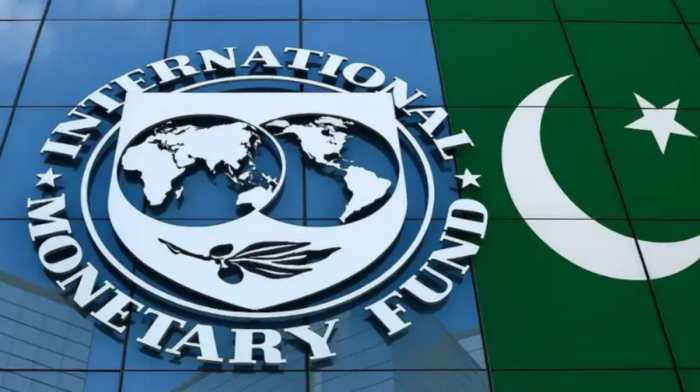

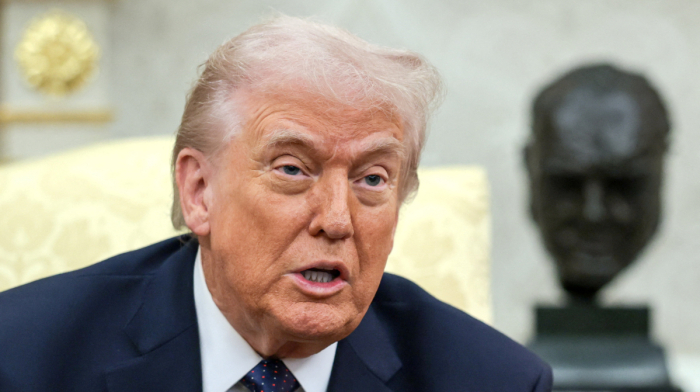
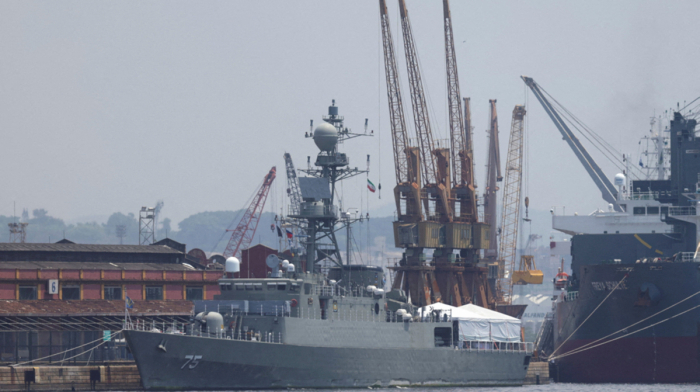
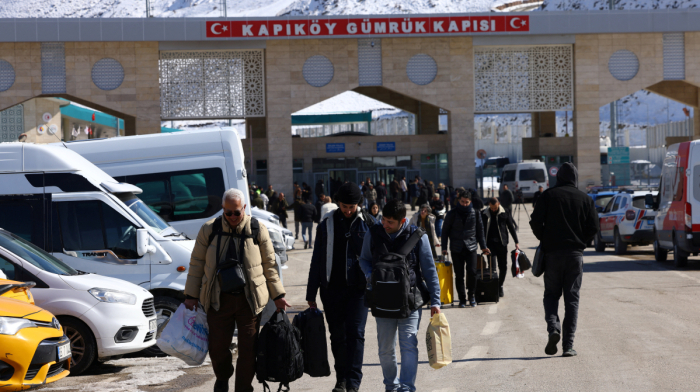







What is your opinion on this topic?
Leave the first comment